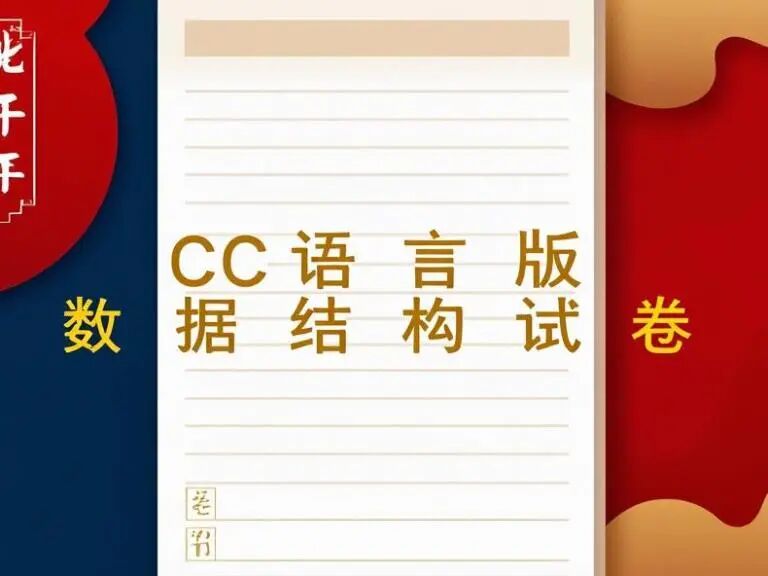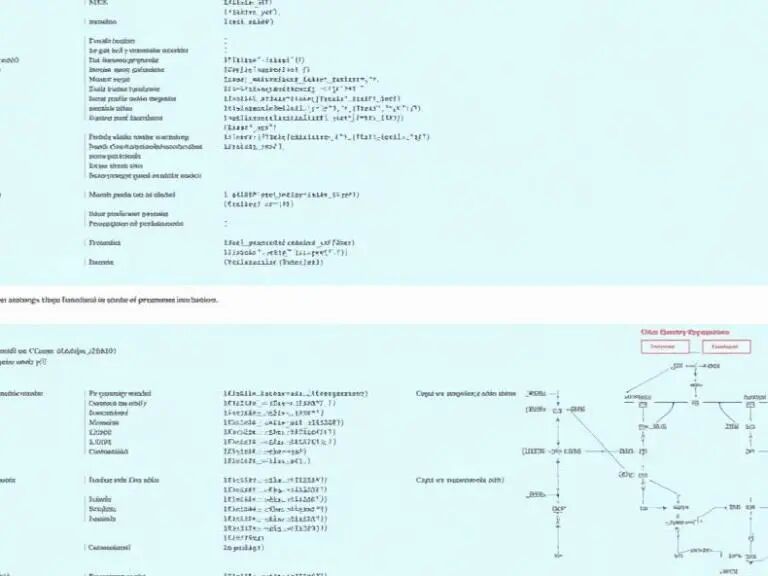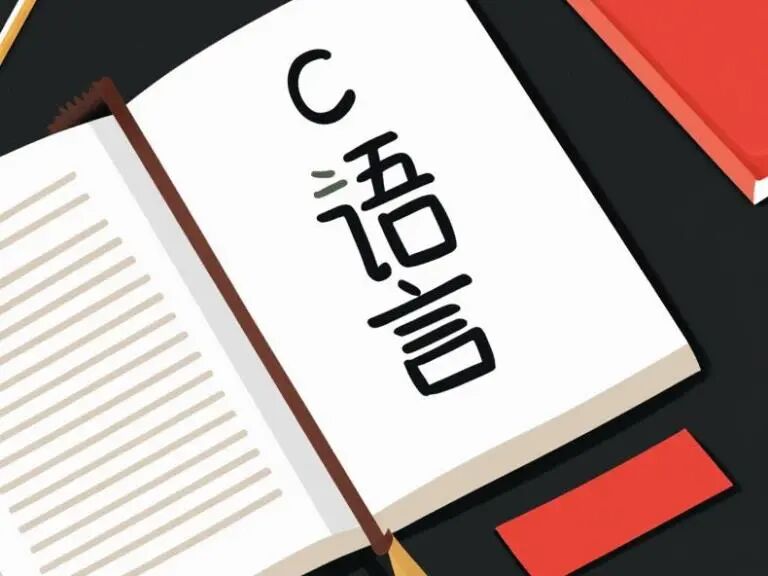
Analysis of Experiment Problems and Problem-Solving Ideas
In the process of learning C language, experiment problems are an important part of assessing the mastery of theoretical knowledge. I bring you a C language final experiment problem-solving guide to help you navigate through the experiments with ease.
Let’s look at the first problem: Sorting Character Arrays. This problem tests the understanding of character arrays and the application of sorting algorithms. We can use basic algorithms such as bubble sort and selection sort to solve this problem. For example, by comparing adjacent characters, we can move the larger characters backward. After one round of traversal, the largest character will be placed in the correct position. Repeat this process until the entire array is sorted.

The next problem is: Using String Processing Functions. String processing is a very common operation in C language, with commonly used functions including strlen to calculate string length, strcpy and strcat for string copying and concatenation. In this problem, we need to perform specific operations based on the given string and length. If we need to add a character to the end of the string, we can use the strcat function; if we need to extract a part of the string, we can use the strcpy function.
The third problem is: Application of Structures. Structures are used in C language to describe data types with different attributes. In this problem, we may need to define a structure to represent a student, including information such as name, age, and student ID. We need to use pointer operations to access and modify the data within the structure. For example, we can define a pointer to the structure and use pointer arithmetic to access the various members of the structure.
Exam Strategies and Time Management
During the preparation for experiment problems, reasonable exam strategies and time management are crucial. We should develop a detailed review plan, sorting the experiment problems by difficulty and importance. For basic problems, we can quickly browse through the problem-solving ideas, focusing on understanding and mastering the basic concepts and methods. For more difficult problems, we need to spend more time analyzing and solving them.
Time management is equally important during the exam. We should allocate time reasonably to ensure that each problem has enough time for thought and resolution. We can quickly calculate on draft paper to check our problem-solving process, avoiding mistakes due to time pressure during the formal exam.
Choosing and Using Learning Materials

Choosing appropriate learning materials is essential for improving learning efficiency and exam results. When selecting materials, we should consider the following points: whether the content is comprehensive, whether the focus is prominent, whether the example problems are typical, and whether there are an adequate number of practice problems. For example, some authoritative textbooks and guides usually provide detailed problem-solving ideas and examples, which can help us better understand and master the knowledge points.
When using materials, we can combine our learning habits and preferences to choose between paper or electronic versions. Paper materials are convenient for carrying and reviewing, suitable for reading during leisure time; electronic materials are convenient for searching and finding, suitable for quick reference of knowledge points.
Practical Application and Effect Evaluation
In actual learning and exams, we can verify our learning outcomes by doing experiment problems. Through continuous practice and reflection, we can identify areas where we still have shortcomings and improve them. For example, if we frequently make mistakes on a certain type of problem, we can review the explanations of the relevant knowledge points to ensure we truly understand and master these contents.
We can also evaluate our preparation through mock exams. Mock exams can help us familiarize ourselves with the exam environment and rhythm, adapting to the tense atmosphere of the exam in advance. Through mock exams, we can identify our weak areas and conduct targeted review and improvement.
Future Planning and Personal Development

In preparing for experiment problems, we should not only focus on our current preparation status but also think about our future personal development. Clarifying our career goals and development direction can help us invest time and energy more purposefully during the preparation process. For example, if we wish to develop in the software development field, we can focus more on relevant programming languages and technologies during our preparation.
We should also pay attention to improving our overall qualities and abilities. In addition to professional knowledge, communication skills, teamwork abilities, and problem-solving skills are also very important. During the preparation process, we can enhance our overall qualities and abilities by participating in various practical activities and club activities.
## Motivation
The C language final experiment problem-solving guide provides us with valuable references and guidance. By employing reasonable exam strategies and time management, selecting appropriate learning materials and methods, and continuously applying and evaluating our effectiveness, we can certainly achieve excellent results in the experiments. Clarifying our career goals and development direction, and focusing on improving our overall qualities and abilities, will enable us to go further in our future career development.
Although the preparation process is challenging, as long as we maintain a positive attitude and firm belief, we can overcome difficulties and achieve success. Let us work together to embrace future challenges!
